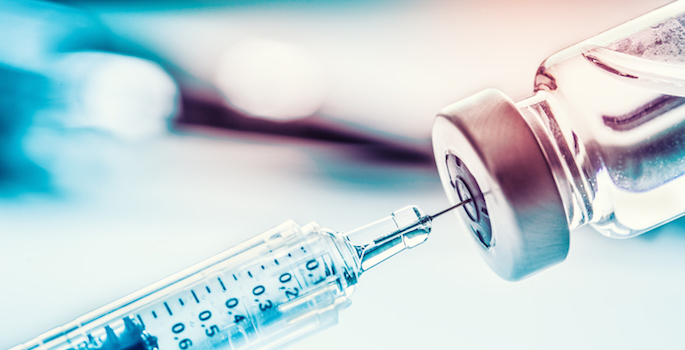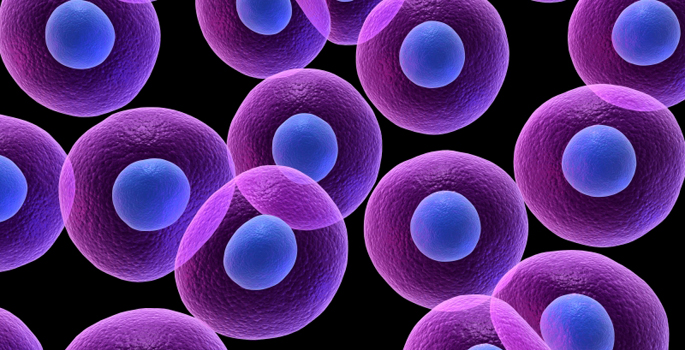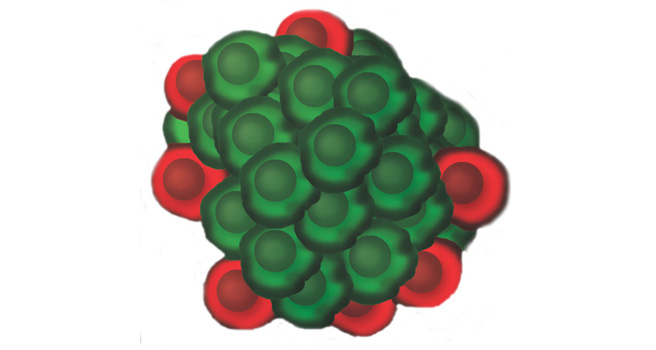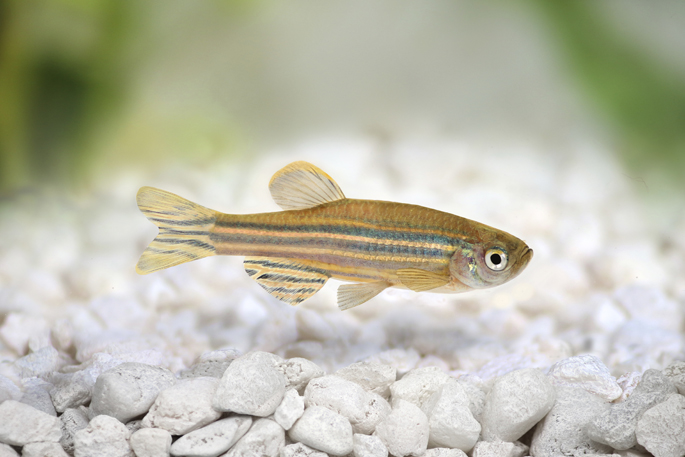Insulin
-

Vanderbilt scientists develop an algae time machine, advancing biomedicine
A Vanderbilt scientific team has succeeded in adjusting the daily biological clock of cyanobacteria, making the blue-green algae a more prolific producer of renewable fuels, chemicals, and pharmaceuticals, like insulin. Read MoreMay 14, 2024
-

Beta cell regeneration
Vanderbilt researchers dissected the complex microenvironment of the pancreatic islet to discover the signals that drive beta cell regeneration — as a possible treatment for diabetes. Read MoreMay 20, 2021
-

Targeting glucagon action in diabetes
Disrupting the action of glucagon — a pancreatic hormone that works to raise blood glucose — restores functional insulin-producing cells in mouse models of type 1 diabetes and may be a promising treatment strategy. Read MoreMar 4, 2021
-

Gene variant and glucose metabolism
Genetic variation that impacts glucose- and insulin-related signaling affects responses to type 2 diabetes treatments and warrants further study. Read MoreFeb 18, 2021
-

Keeping beta cells “fit”
Vanderbilt cell biologists are defining the factors that help beta cells in the pancreas stay healthy, secrete insulin and prevent diabetes initiation and progression. Read MoreJul 9, 2020
-

Genetic screen in worms reveals critical step in insulin synthesis
The identification of a protein important for insulin synthesis may hold clues for understanding the pathogenesis of diabetes. Read MoreDec 4, 2019
-

Discovery may point to better treatments for Type 1 diabetes
Researchers have made a paradigm-shifting discovery that could lead to new treatments, better health and longer life for patients with Type 1 diabetes. Read MoreAug 22, 2019
-

New role for microtubules in diabetes
Microtubules, part of the cell's cytoskeleton, regulate the secretion of insulin, suggesting that they may be a new target for treating diabetes. Read MoreJul 29, 2019
-

Study may point to new ways to reverse insulin resistance
Researchers at Vanderbilt University have discovered how insulin crosses the capillary endothelium to exit blood vessels and stimulate skeletal muscle cells — a major finding that may lead to new ways to reverse insulin resistance, a hallmark of type 2 diabetes. Read MoreJan 25, 2018
-

Cellular calcium handling in diabetes
Potassium channels in a cellular organelle regulate calcium flux and appear to play a critical role in pancreatic beta cell health. Read MoreSep 28, 2017
-

Making human beta cells reproduce
A new method developed at Vanderbilt will speed the search for potential therapeutics for diabetes: compounds that stimulate the replication of insulin-producing beta cells. Read MoreDec 8, 2016
-

Microtubules act as cellular ‘rheostat’ to control insulin secretion
Microtubules — cellular “highways” that deliver cargo to the cell membrane for secretion — have a surprising role in pancreatic beta cells. Instead of facilitating glucose-stimulated insulin secretion, they limit it, a team of Vanderbilt investigators reported recently in Developmental Cell. Read MoreDec 3, 2015
-

Fighting type 2 diabetes with FGF1
The growth factor FGF1 induces the growth of new insulin-producing beta cells and may help treat type 2 diabetes. Read MoreNov 18, 2015
-

Diabetes trial targets body’s ability to produce insulin
Kiersten Eaddy had long looked forward to her high school graduation day and joining her classmates to celebrate the accomplishment. Read MoreSep 10, 2015
-

New therapeutic target for diabetes
The factor FoxM1 increases the proliferation and function of insulin-producing beta cells, making it an attractive therapeutic target for diabetes. Read MoreAug 20, 2015
-

Boosting beta cells in diabetes
New findings suggest that it might be possible to treat diabetes by regenerating insulin-producing beta cells in the pancreas. Read MoreApr 20, 2015
-

Tiny model of diabetes
Vanderbilt University researchers have created a zebrafish model of skeletal muscle insulin resistance that could help improve diabetes treatment. Read MoreFeb 20, 2015
-

Beta cell link to fasting glucose
New findings explain why variation in a particular gene is the most important determinant of fasting blood glucose levels in humans. Read MoreJan 22, 2015
-

Overactive stress response in obesity
An overactive stress response contributes to the development of insulin resistance in obese individuals, and blocking it may be therapeutically beneficial. Read MoreNov 7, 2014
-

Research Roundup, Summer 2014
Private Property and Government Inaction | Probiotic Could Prevent Obesity | Freedom from Power Cords | Pickiness Doesn’t Always Pay Read MoreSep 26, 2014